How to Make Healthy Eating a Habit [Tips & Tricks]
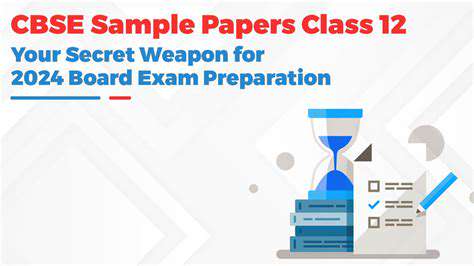
Pre-Planning Considerations
Effective planning is crucial for a successful project. Thorough pre-planning involves identifying the project's goals and objectives, outlining the steps needed to achieve them, and anticipating potential challenges. This proactive approach allows you to allocate resources efficiently, manage expectations, and ultimately increase the likelihood of a positive outcome. A well-defined plan serves as a roadmap, guiding your actions and ensuring you stay on track. By taking the time to plan meticulously, you're setting the stage for success and minimizing the chance of costly errors or delays down the road.
Careful consideration of the project's scope is equally important. Defining the boundaries of the project prevents scope creep, which can lead to budget overruns and delays. Clearly understanding what's included and excluded from the project helps to manage expectations and maintain a focused approach. Defining clear deliverables ensures that everyone involved understands the expected outcomes and contributes effectively to the project's success. This clarity fosters a shared understanding of the project's goals and objectives.
Resource Allocation and Management
Proper resource allocation is essential for a successful project. This includes identifying the necessary personnel, equipment, and materials required for completion. Careful planning ensures that the right resources are available at the right time, thereby minimizing potential delays and maximizing efficiency. Adequate budgeting and financial planning are critical components of resource management. This involves estimating costs, anticipating potential expenses, and creating a realistic budget that aligns with the project's scope.
Effective communication channels are vital for managing resources effectively. Establish clear lines of communication among team members, stakeholders, and external vendors. This facilitates timely information sharing, avoids misunderstandings, and enables quick problem resolution. By fostering open communication, you create a collaborative environment where everyone is aware of the project's progress and can contribute effectively. Using project management tools and software can greatly improve the efficiency of resource allocation and communication, significantly streamlining the overall process.
Risk Assessment and Mitigation
Identifying potential risks and developing mitigation strategies is a critical part of project planning. Proactive risk assessment involves evaluating potential challenges and obstacles that might hinder the project's progress. This includes factors such as budget constraints, unforeseen delays, or personnel conflicts. Developing contingency plans for these risks is essential for maintaining project momentum and minimizing disruptions.
Implementing effective risk mitigation strategies is crucial. These strategies should include proactive steps to minimize the likelihood of risks materializing. Contingency plans should be detailed and well-defined, outlining the actions to be taken in the event of a specific risk. By anticipating and addressing potential issues early on, you can significantly reduce the impact of negative events on the project's timeline and budget. Regular monitoring and review of the risk assessment and mitigation plan are essential for maintaining its effectiveness and ensuring that it remains aligned with the project's evolving needs.
Timeline and Scheduling
Creating a realistic timeline and schedule is essential for managing project expectations and ensuring timely delivery. This involves breaking down the project into smaller, manageable tasks and estimating the time required for each task. This allows for more accurate predictions and improved time management. Developing a detailed schedule and assigning deadlines to specific tasks helps to ensure that the project stays on track and is completed within the allotted timeframe.
Regular progress monitoring and reporting are crucial for maintaining a clear understanding of the project's status. This allows for timely identification and resolution of any potential delays or roadblocks. Effective communication regarding any schedule changes or adjustments is essential to keep all stakeholders informed and engaged. Adhering to the established timeline and schedule is vital for the successful completion of the project and for maintaining stakeholder confidence.
Instant messaging platforms are essential for fostering real-time communication within a project team. Tools like Slack, Microsoft Teams, and Discord offer features like direct messaging, group chats, and file sharing, allowing team members to quickly exchange information, ask questions, and provide updates. This constant accessibility to information, especially in dynamic project environments, significantly streamlines workflows and minimizes the risk of miscommunication. The ability to tag relevant team members in messages ensures that critical information reaches the right individuals promptly. Furthermore, these platforms often integrate with other project management tools, creating a unified workspace for seamless collaboration.
Making Healthy Choices Easier

Prioritizing Whole Foods
Making conscious food choices is crucial for overall well-being. Prioritizing whole, unprocessed foods like fruits, vegetables, lean proteins, and whole grains provides essential vitamins, minerals, and fiber, promoting healthy digestion and sustained energy levels. A balanced diet rich in these nutrients fuels your body effectively, contributing to improved physical and mental health.
Choosing fresh produce over processed alternatives is a significant step toward a healthier lifestyle. These nutrient-dense foods offer a wide range of vitamins and minerals without the added sugars, unhealthy fats, and artificial ingredients often found in processed options. Including a variety of colorful fruits and vegetables in your diet is an easy way to ensure you're getting a wide range of essential vitamins and minerals.
Mindful Portion Control
Portion control plays a vital role in weight management and overall health. Being mindful of the amount of food you consume can prevent overeating, which can lead to weight gain and associated health problems. Understanding appropriate portion sizes for different foods is key to maintaining a balanced diet and achieving your health goals.
Controlling portions helps you avoid consuming excess calories, promoting better weight management. By paying attention to portion sizes, you can effectively regulate your calorie intake and support a healthy lifestyle.
Hydration Strategies
Staying adequately hydrated is essential for various bodily functions, including digestion, nutrient absorption, and temperature regulation. Drinking plenty of water throughout the day helps maintain optimal bodily functions and supports overall well-being. Consistent hydration also helps to flush out toxins and promote healthy skin.
Water is vital for various bodily processes, including nutrient absorption and waste removal. It plays a crucial role in regulating body temperature and maintaining overall health and well-being.
Strategic Snacking
Strategic snacking can help manage hunger and cravings between meals, preventing overeating at mealtimes. Choosing nutritious snacks over processed, sugary options is essential for maintaining energy levels and supporting a balanced diet. Smart snack choices can also help satisfy hunger pangs without adding excess calories.
Regular Exercise
Incorporating regular exercise into your daily routine is crucial for maintaining a healthy weight, improving cardiovascular health, and boosting mood. Finding activities you enjoy, whether it's walking, jogging, swimming, or dancing, helps to make exercise a sustainable part of your lifestyle. Physical activity promotes better sleep, reduces stress, and strengthens muscles and bones.
Regular exercise is a cornerstone of a healthy lifestyle. It enhances physical and mental well-being, promoting overall health and longevity.
Stress Management Techniques
Chronic stress can negatively impact physical and mental health. Implementing stress management techniques such as mindfulness, meditation, or yoga can significantly reduce stress levels and improve overall well-being. These techniques help calm the mind and body, lowering cortisol levels, and promoting relaxation and emotional balance.
Effective stress management is essential for maintaining good health. Stress reduction techniques can improve sleep, reduce anxiety, and enhance overall well-being.
Sleep Hygiene
Prioritizing sufficient sleep is crucial for physical and mental restoration. Developing good sleep hygiene practices, such as maintaining a regular sleep schedule, creating a relaxing bedtime routine, and ensuring a conducive sleep environment, promotes better sleep quality. Getting enough sleep allows your body to repair and rejuvenate, improving both physical and cognitive function.
Adequate sleep is essential for physical and mental recovery, impacting daily performance and overall health. Prioritizing sleep hygiene helps to optimize energy levels and cognitive function, contributing to a healthier lifestyle.
Sustaining Your Momentum: Long-Term Strategies
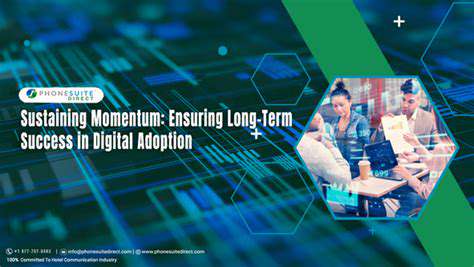
Sustaining Motivation for Long-Term Goals
Maintaining consistent effort and motivation is crucial for achieving long-term goals. This often requires more than just initial enthusiasm; it demands a proactive approach to staying engaged and focused over extended periods. Developing a strong sense of purpose, connecting your goals to your values, and celebrating milestones along the way can significantly boost your motivation and keep you on track. Setting realistic timelines and breaking down large goals into smaller, manageable steps can also help prevent feelings of overwhelm and foster a sense of accomplishment.
Understanding your personal motivation drivers is key to sustaining your momentum. Knowing what truly fuels your desire to achieve a specific goal allows you to tap into those resources when facing challenges or moments of doubt. Identifying potential obstacles and developing strategies to overcome them ahead of time can help you navigate setbacks effectively and maintain your focus.
Developing a Sustainable Routine
Establishing a sustainable routine is essential to long-term success. A well-structured routine provides a framework for consistent action and helps to integrate desired behaviors into your daily life. It's important to create routines that align with your personal preferences and lifestyle to ensure long-term adherence and avoid burnout. This approach allows you to incorporate your goals into your daily activities without feeling overwhelmed.
Consistency is key in building a sustainable routine. Regularity in your actions, whether it's exercise, studying, or working on a creative project, helps to establish a pattern of success. This predictability can reduce stress and increase productivity. Be flexible, however, as life inevitably throws curveballs. Adjusting your routine as needed, while maintaining the core structure, ensures that it remains adaptable and sustainable.
Overcoming Challenges and Setbacks
Challenges are inevitable on the path to any significant goal. Understanding that setbacks are part of the process, and not failures, is a crucial aspect of maintaining momentum. Analyzing what went wrong and identifying areas for improvement can turn challenges into opportunities for growth and refinement. Learning from mistakes and adapting your strategy accordingly is fundamental to long-term success.
Developing a resilient mindset is crucial for overcoming setbacks. This involves cultivating the ability to bounce back from disappointments and maintain a positive outlook, even when facing obstacles. Building a support system of friends, family, or mentors can provide encouragement and guidance during challenging times. Seeking professional help, if needed, can further enhance your ability to navigate difficult situations and maintain momentum.
Prioritizing Self-Care and Well-being
Prioritizing self-care and well-being is vital for sustaining momentum in the long run. Taking care of your physical and mental health is not a luxury, but a necessity for maintaining focus and energy. Adequate sleep, proper nutrition, and regular exercise are fundamental components of a healthy lifestyle. Incorporating activities you enjoy, such as hobbies or spending time in nature, can help reduce stress and enhance your overall well-being.
Maintaining a healthy work-life balance is another crucial aspect of self-care. This involves setting boundaries between work and personal time and ensuring that you dedicate sufficient time to activities outside of your goals. Taking breaks, disconnecting from technology, and engaging in activities that bring you joy are essential for preventing burnout and maintaining a sustainable approach.
Building a Supportive Network
Creating a supportive network of individuals who share your goals or values can significantly enhance your ability to sustain momentum. Connecting with others who understand your aspirations can provide encouragement, motivation, and accountability. Sharing your journey with others can also foster a sense of community and belonging. Mentorship programs or joining relevant groups can be invaluable resources.
Seeking feedback and support from trusted individuals can help you identify blind spots, receive constructive criticism, and gain fresh perspectives on your approach. Collaborating with others can also open up new opportunities and resources, which can further contribute to your success and motivation. Building a network of support allows for sharing of experiences and strategies, leading to greater resilience and sustained effort.
Read more about How to Make Healthy Eating a Habit [Tips & Tricks]
Hot Recommendations
-
*Guide to Managing Gout Through Diet
-
*Best Habits for Financial Well being
-
*How to Build a Routine for Better Mental Health
-
*How to Eat Healthy on a Budget [Tips & Meal Ideas]
-
*Guide to Practicing Self Acceptance
-
*How to Incorporate More Movement Into Your Day
-
*Guide to Managing Chronic Pain Naturally
-
*Guide to Building a Reading Habit for Well being
-
*Top 5 Weight Loss Supplements That Actually Work
-
*Best Exercises for Postpartum Recovery [Beyond Abdominal Work]
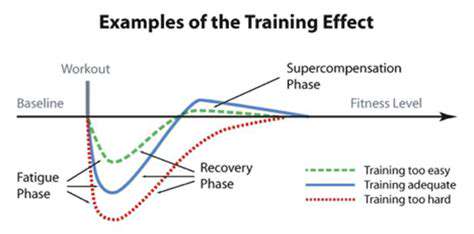
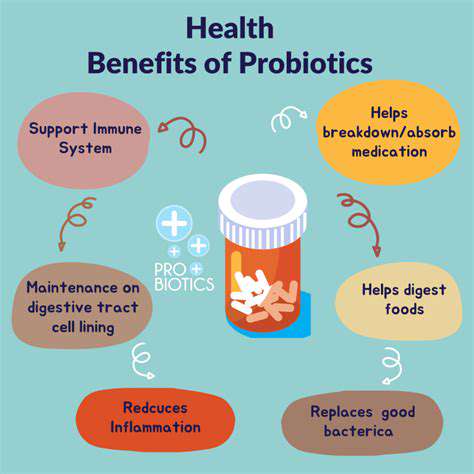
![Best Snacks for Diabetics [Approved List]](/static/images/26/2025-05/HealthyFatsandComplexCarbohydrates.jpg)
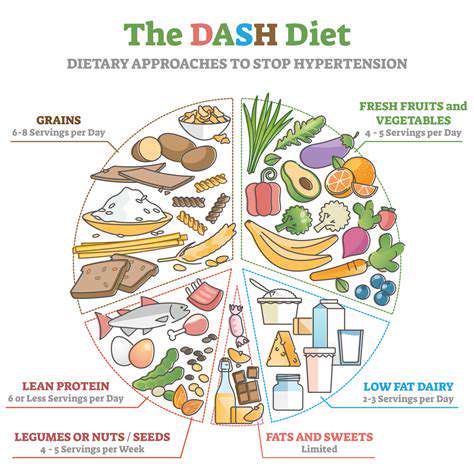

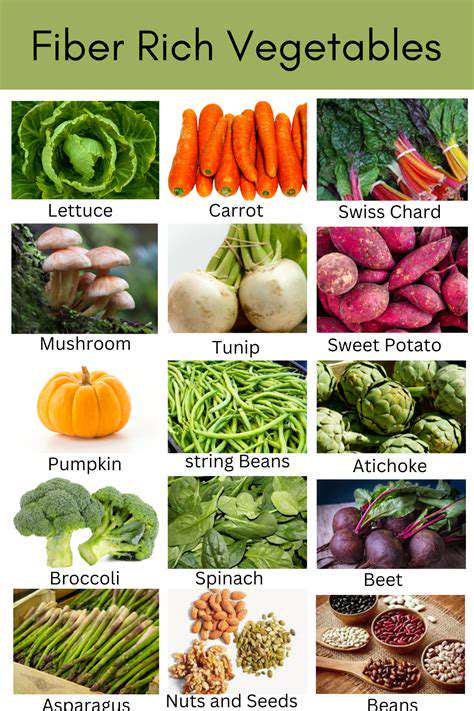
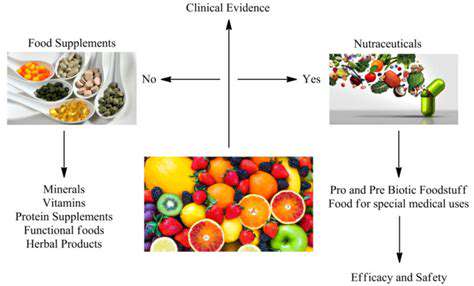


![How to Recover Faster After Workouts [Tips & Techniques]](/static/images/26/2025-07/ListentoYourBody3ARecognizingandAddressingSignsofOvertraining.jpg)

![How to Train for a 5K Run [Plan Included]](/static/images/26/2025-07/NutritionandRecoveryStrategiesforOptimalPerformance.jpg)